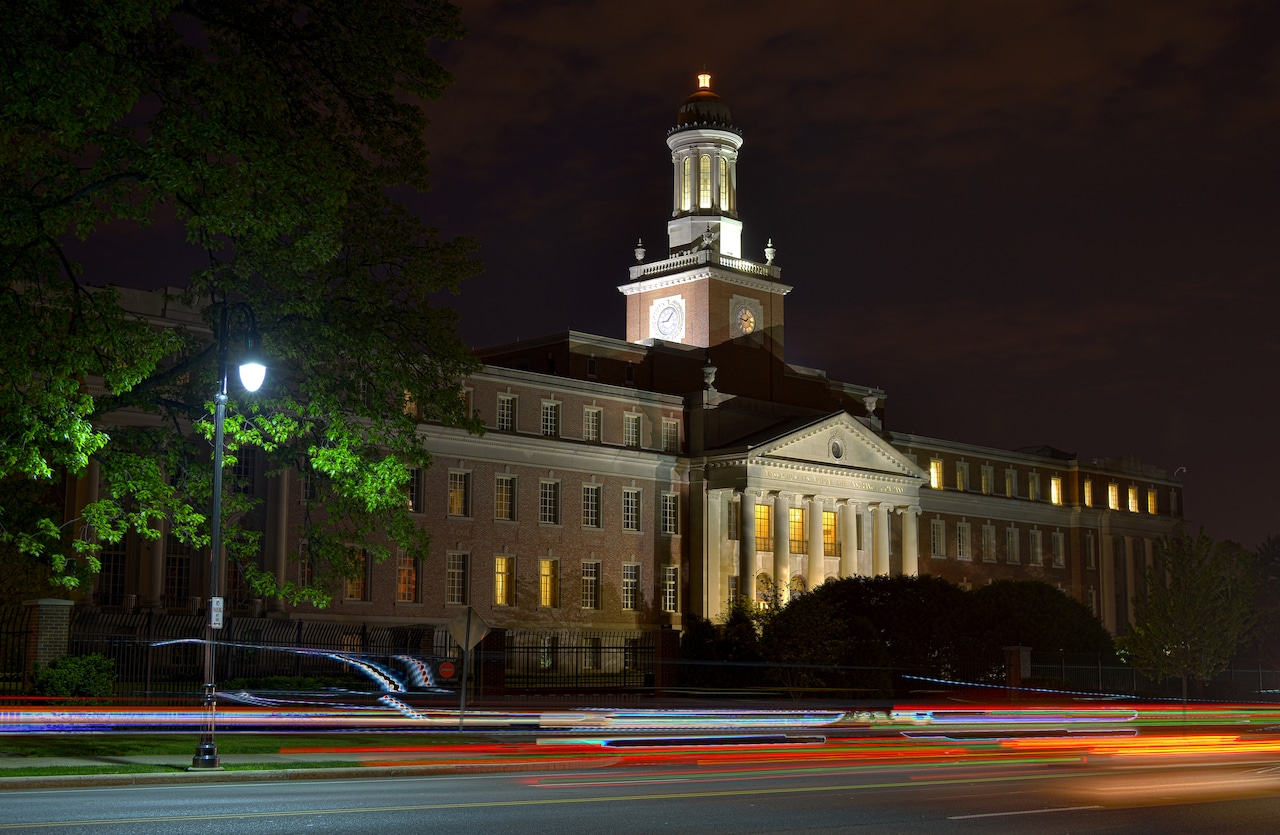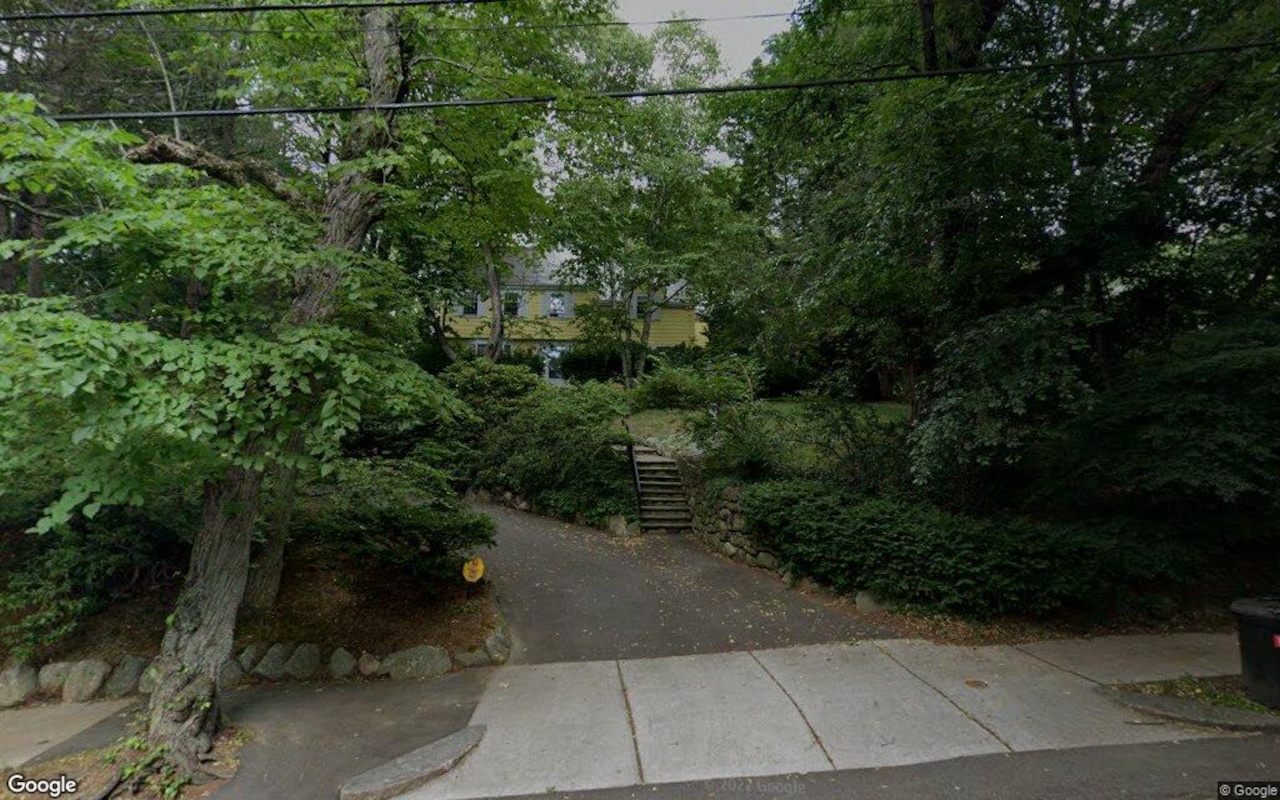
One of the approaches with the best mental health outcomes in the world is called Open Dialogue. Developed in Finland, it is made up of several parts. However, one of the most critical elements is that it is built on a foundation of trust.
Massachusetts also has a crisis care alternative built on trust: Peer respite. And, right now, the Commonwealth has a historic opportunity to expand access to such places.
Peer respites are homelike spaces – typically with three to five bedrooms – where someone can stay up to two weeks as an alternative to hospitalization and other more invasive interventions. As a condition of hire, people working at the respite (including leadership) are required to have psychiatric histories and other shared experiences with guests of the house.
They are trained to use their stories of struggle, marginalization, and all they’ve learned by navigating systems and their own healing process to support others on similar journeys.
Peer respites are strictly voluntary and rooted in values like self-determination, mutual respect, and healing in relationships. Guests may be struggling with everything from suicidal thoughts to hearing disruptive voices, to problems with substances and beyond.
Days might include any number of activities such as rebalancing sleep cycles, spending time with nature, and hours of conversation focused on turning crisis into a learning opportunity. Because of the focus on flexibility and individualization, some people even choose to stay at peer respite while continuing to work, go to school, or engage in other ways that minimize disruptions to their life while still getting extra support.
Peer respites are also cheaper to operate than hospitals and have been demonstrated to lead to nearly a 70% reduction in future use of inpatient psychiatric units and Emergency Departments.
Respites operate on trust, and the importance of that can’t be underestimated. Trust means that people reach out sooner, avoiding negative outcomes generated by waiting until rock bottom. It also means opportunities to reach people who’ve become alienated from conventional clinical supports, so they don’t fall through the cracks.
This point becomes particularly important when considering LGBTQIA+ and Black and brown communities that are regularly let down by mainstream mental health systems and their absence of culturally relevant supports and supporters.
The good news is that legislation is on the table that could not only help expand the number of peer respites, but also create the first respites prioritizing LGBTQIA+ and Black and brown people. Recent data suggests that around 80% of transgender people have considered suicide and 40% have attempted it, while research shows an accepting and supportive environment reduces that risk substantially.
Similarly, we know that the fastest growing suicide rate is among young Black men, often linked to the absence of services that make sense. As such, these respites could be life-changing and even life-saving.
Massachusetts is lucky. While over half of the country still has no peer respites, the Commonwealth supported opening of the 13th peer respite in the nation – Afiya – in 2012. It is based in Northampton, and operated by the Wildflower Alliance. Afiya is led by Ephraim Akiva, who was featured in MassLive’s LGBTQ Leaders series. However, although there are now four peer respites in the Commonwealth, most people in the state still don’t even know they exist, let alone have access to one.
Moreover, even those who know about peer respite and have one situated nearby are still frequently unable to gain access because they are so often full. In order to truly realize the power of this alternative – particularly as a way to divert people from hospitals and emergency departments – Massachusetts needs to invest in enough respites to make access a reasonable expectation most of the time.
By June 17, the Joint Committee on Mental Health, Substance Use and Recovery is expected to vote on whether or not our state should follow in the footsteps of several others and pass legislation to increase the number of peer respites. The legislation – sponsored by state Sen. Jo Comerford and state Reps. Lindsay N. Sabadosa and William “Smitty” Pignatelli – could lead to at least one respite per county, including the first respites that prioritize LGBTQIA+ and Black and brown communities. Akiva hopes to lead one of the LGBTQIA+ respites when it opens.
In 2021, the World Health Organization recognized Afiya as one of two-dozen exemplary crisis alternatives in the world. In 2023, the World Health Organization and United Nations once again recognized Afiya and the Wildflower Alliance for their innovative work.
Will Massachusetts listen to both international and local voices calling for more? We’ll know soon.
Sera Davidow is a longtime Massachusetts resident, filmmaker, author and mother of two. Based in the Western part of the Commonwealth, she has served as director of the Wildflower Alliance since it was first funded in 2007.




